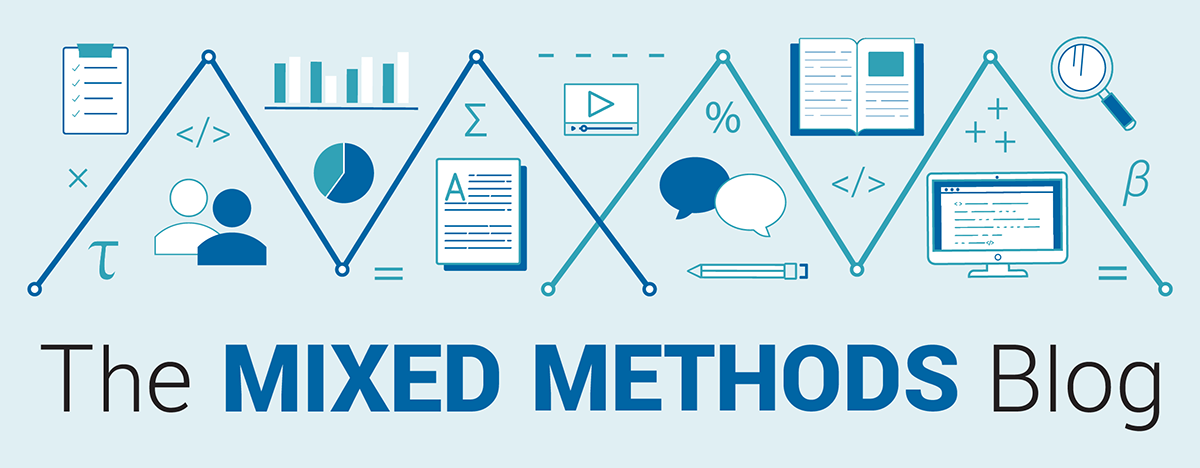Three additional research teams were added to the ARCC Network in January 2023. For information on the network and all of its projects, visit the new ARCC Network website.
In response to the critical need to combat community college enrollment drops and learning loss due to the COVID-19 pandemic, the Institute of Education Sciences has named CCRC to lead a network of research teams studying promising recovery strategies.
The Accelerating Recovery in Community Colleges Network, or ARCC Network, will include research teams across the country that will study recovery strategies including enhanced financial aid, innovative workforce programs, improved online and hybrid education, new course formats, and more. Three research teams will undertake projects in two states: California and Virginia. More projects from the Institute of Education Sciences’ education research grants program may be added to the network.
CCRC will partner with the National Student Clearinghouse Research Center and Wheelhouse: The Center for Community College Leadership and Research to lead the network. The lead team will issue two annual reports, with subgroup trends, on student enrollment and transfer; examine how federal recovery funds are being spent; and conduct a survey of community colleges to learn more about their responses to the pandemic and their unmet needs. CCRC, the Clearinghouse, and Wheelhouse will also coordinate the network research teams to ensure their findings reach college administrators and policymakers and have the maximum impact on practice and policy. CCRC and Wheelhouse were also awarded grants to conduct two of the individual research studies.
“There is deep concern about the steep drop in enrollment at community colleges, particularly among Black and Indigenous students,” said Tom Brock, the director of CCRC. “The goal of the network is to identify strategies that community colleges can use to bring students back, support their learning, and ensure they can succeed in the rapidly evolving post-pandemic economy. This work is critical for students and colleges that have been set back by the COVID pandemic.”
The ARCC Network will have a major focus on the groups most affected by the pandemic at community colleges, including students of color, low-income students, first-generation students, and adult students. Over the three years of the project, the network will work closely with community colleges and college systems to identify and evaluate programs and policies designed to bring students back to college and accelerate their academic progress. The data on student subgroups will be aligned across the research teams to allow for deeper analysis.
The national-level research will be led by Brock, Doug Shapiro at the Clearinghouse, and Michal Kurlaender at Wheelhouse. It will draw on the vast student records collected each year by the National Student Clearinghouse to gauge progress in pandemic recovery and identify the places and populations that are in greatest need of intervention.
“The Clearinghouse Research Center played a critical role in measuring the impact of the pandemic on community college students,” Shapiro said. “We will extend that role as part of the network leadership, surfacing new data to inform the field as the recovery unfolds.”
The network lead team will also analyze how community colleges spent Higher Education Emergency Relief funds, both on emergency aid for students and for other purposes. The lead team will conduct a survey of community colleges in six states—California, Michigan, New York, Ohio, Tennessee, and Texas—to gain deeper insight into the specific pandemic recovery initiatives they have put in place, which student groups have been targeted, and what issues still need to be addressed.
“We are eager to deepen our investigation of successful strategies to reconnect students to college trajectories that were slowed or interrupted by the pandemic,” Kurlaender said. “These federal resources are critical support for this work.”
Currently, the research projects in the network are:
Strengthening Virginia’s Pandemic Recovery Efforts: Providing High-Quality Community College Workforce Education to Underserved Adults: CCRC researchers, led by Nikki Edgecombe, will partner with the Virginia Community College System (VCCS) to examine and improve Get A Skill, Get A Job, Get Ahead (G3), VCCS’s pandemic workforce recovery initiative. G3 is built around a last-dollar scholarship targeting low-income students in workforce programs in five high-demand fields (healthcare, information technology and computer science, manufacturing and skilled trades, early childhood education, and public safety) and also provides stackability of related credential programs, dedicated advising, and other resources to help eligible students earn certificates and degrees. The research will evaluate improvements to the program designed to better serve the state’s Black, Latinx, and low-income adults and encourage students to pursue longer-term credentials.
Leveraging Technology and Engaging Students: Evaluating COVID-19 Recovery Efforts in the Los Angeles Community College District: Christopher Avery at Harvard University (PI), Tatiana Melguizo at the University of Southern California (co-PI), Maury Pearl at the Los Angeles Community College District (co-PI), and Deborah Harrington at Los Angeles Community College (co-PI) will lead a team to study innovations in online and hybrid education in the Los Angeles Community College District (LACCD). In response to a steep drop in enrollment at the outset of the pandemic, LACCD invested heavily in improving the quality of its remote and hybrid course offerings. LACCD is continuing to shift its course offerings to increase scheduling options, promote student engagement, and improve student outcomes. This project seeks to understand the innovations that LACCD has implemented, which students are accessing them, and what effects they are having on students’ academic progress. The team will use the research findings to inform LACCD’s reform efforts.
Evidence to Inform Improvement: Supporting California Community Colleges in Pandemic Recovery: The Wheelhouse team at the University of California, Davis, led by Michal Kurlaender—along with researchers from the California Community Colleges Chancellor’s Office and the Public Policy Institute of California—will assess pandemic recovery efforts undertaken by the California Community Colleges (CCC). The CCC have engaged in a host of efforts to address declines in enrollment and to support student persistence and degree attainment, but there has been no formal investigation to understand whether these recovery efforts have been effective. This project will: (1) determine what recovery activities the CCC have engaged in, and how supplemental federal, state, and philanthropic dollars were spent in those efforts; (2) examine which of these recovery activities have improved student outcomes; and (3) engage community college leaders and state policymakers around best practices for improving student outcomes post-pandemic.
The ARCC Network Lead is supported by the Institute of Education Sciences, U.S. Department of Education, through Grant R305X220022 to Teachers College, Columbia University. The project is 100% funded by federal funds, through the American Rescue Plan.





